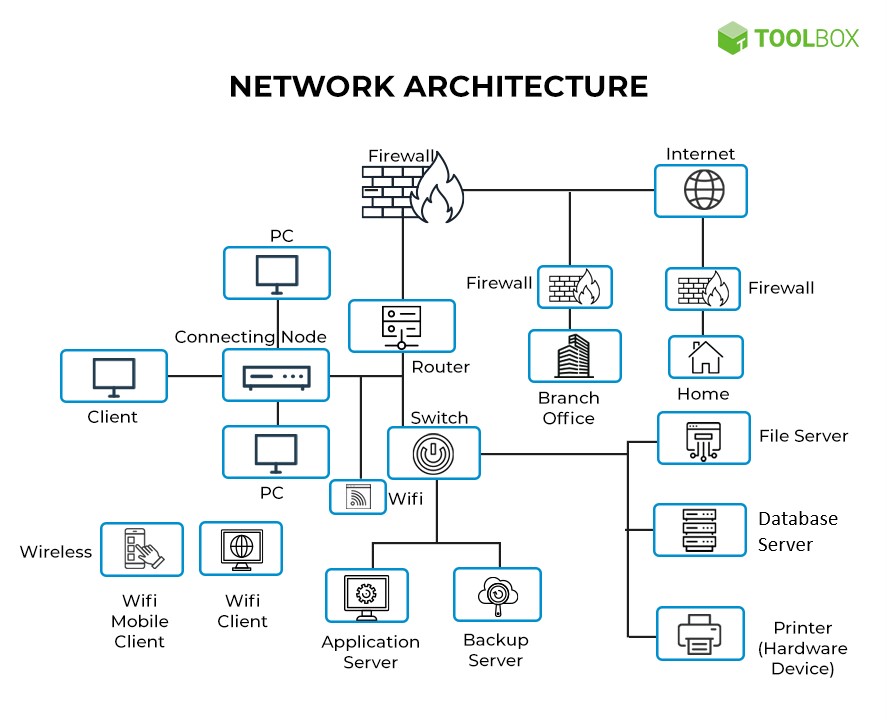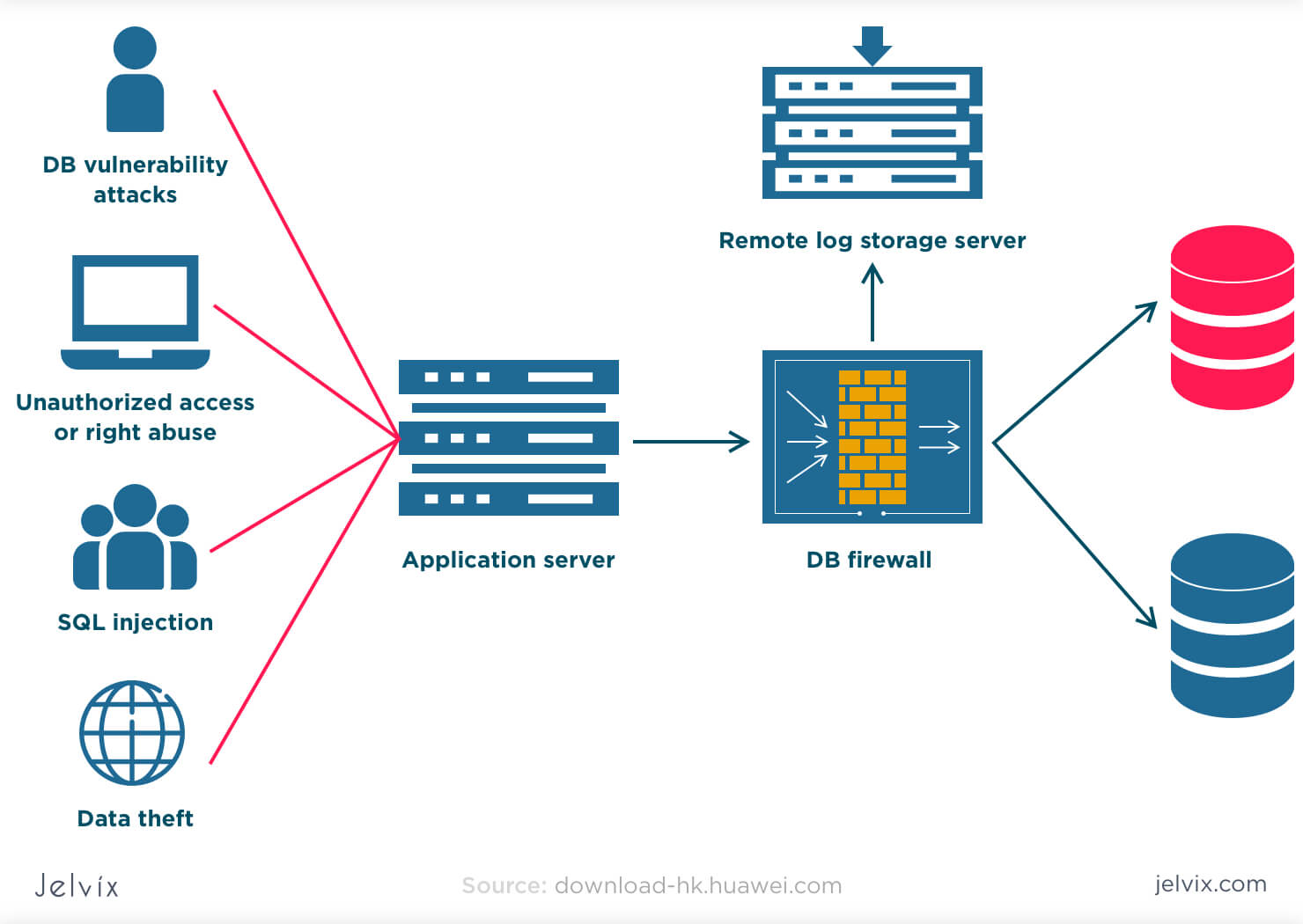Network Engineering: Unpacking the Complexities of Modern Technology
As technology advances at a rapid pace, the complexities of modern networks continue to grow. Network engineers play a critical role in designing, implementing, and maintaining these intricate systems that keep our digital world connected. In this blog post, we will explore the intricacies of network engineering and provide valuable insights into the field.
1. Understanding Network Engineering:
The role of a network engineer involves designing, implementing, and managing the infrastructure that enables data transmission between devices. They handle tasks such as configuring routers and switches, managing network security, and troubleshooting connectivity issues.
2. Importance of Network Reliability:
In today’s interconnected world, network reliability is of utmost importance. Downtime can result in significant financial losses for businesses. Network engineers work tirelessly to create redundant systems, monitor performance, and ensure continuous availability of network services.
3. Technologies Shaping Network Engineering:
Several cutting-edge technologies are revolutionizing the network engineering landscape. These include Software-Defined Networking (SDN), Network Function Virtualization (NFV), and Intent-Based Networking (IBN). Network engineers must stay updated with these advancements to optimize network performance and efficiency.
4. Cybersecurity Challenges:
With the rise in cyber threats, network engineers are at the forefront of defending networks against attacks. They implement robust security measures such as firewalls, intrusion detection systems, and encryption protocols. Continuous monitoring and threat analysis are essential to protect sensitive data.
5. Network Automation:
Automation has become paramount in addressing the increasing complexities of modern networks. Network engineers leverage automation tools to streamline routine tasks, reduce human error, and improve operational efficiency. Programming languages like Python are widely used for network automation.
6. Cloud and Hybrid Network Environments:
The advent of cloud computing has transformed network engineering practices. Network engineers now need to seamlessly integrate on-premises networks with cloud environments. They must understand the intricacies of virtual networking, cloud service providers, and data center architectures.
7. Evolving Role and Skills:
The role of a network engineer is evolving. While traditional networking skills remain crucial, additional expertise in areas such as cloud computing, cybersecurity, and automation is becoming increasingly valuable. Constant learning and upskilling are essential to stay at the forefront of the field.
8. Industry Certifications:
Network engineers seeking recognition for their skills can obtain industry certifications such as Cisco Certified Network Associate (CCNA), Cisco Certified Network Professional (CCNP), or Juniper Networks Certified Associate (JNCIA). These certifications validate expertise and enhance career prospects.
9. Future Trends in Network Engineering:
Network engineering continues to evolve, and it’s crucial to stay aware of future trends. Technologies such as 5G, Internet of Things (IoT), and edge computing will reshape network infrastructures. Network engineers must adapt to these trends to design and manage networks effectively.
In conclusion, network engineering is a multifaceted field that requires expertise in various technologies and skills. By understanding the complexities of modern networks, we can appreciate the invaluable work performed by network engineers. As technology continues to advance, network engineering will remain an essential component in keeping our interconnected world thriving.











